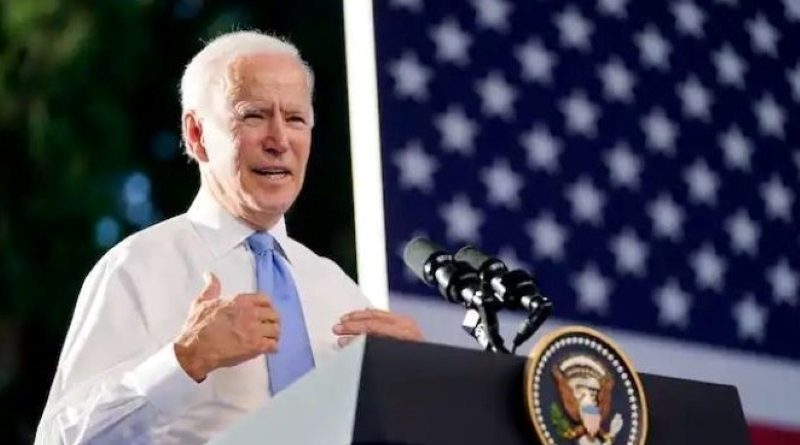Biden lays a solid foundation
This trip also was potentially trickier than it might have seemed at first glance. The summit with Putin was always going to be complicated, and the Belarus mess made that a more fraught meeting. The transatlantic relationship, however, needed some gardening as well. No doubt the Europeans were glad that Donald Trump was no longer president, but there have been hints that the Biden administration’s grand strategy might pose problems as well.
Given this context, Biden had a very solid trip. To use a baseball metaphor, there were no home runs, but Biden kept racking up singles and doubles, laying the groundwork for putting some runs on the scoreboard.
As Spoiler Alerts noted last week, the administration had some running momentum with the provisional G-7 agreement on taxes. This demonstrated that there were areas of agreement where the transatlantic relationship would make a difference.
The Biden administration followed that up this week with the announcement of a deal to end the 17-year-old Boeing-Airbus dispute over aircraft subsidies. As the New York Times’ Steven Erlanger and Michael Shear explained, “The agreement, which suspends the threat of billions of dollars in punitive tariffs on each other’s economies for five years, is a clear sign of President Biden’s seriousness in repairing relations with the European Union and getting the wealthy bloc on his side in what he regards as a generational challenge from the rise of a technologically advanced and autocratic China.”
The G-7 and NATO communiques reaffirmed the Biden team’s prioritization of building a coordinated response to China. The G-7 communique asserted, “we will promote our values, including by calling on China to respect human rights and fundamental freedoms.” The NATO statement said, “China’s stated ambitions and assertive behaviour present systemic challenges to the rules-based international order and to areas relevant to Alliance security.”
As for the summit with Putin, it seems as if it went about as well as could be expected. The one thing that Putin and Biden agreed on in their post-summit news conferences was that the meetings were pragmatic, constructive and free of personal acrimony. Given the current lows of the bilateral relationship, that outcome qualifies as a win. The return of the ambassadors to their embassies and the creation of a bilateral strategic stability dialogue offers some promise that the bilateral relationship will not deteriorate further.
It should be stressed that even the headline accomplishments of this trip will need further follow-through to truly count as wins. The tax agreement will need to get buy-in from other international actors as well as Congress. The Boeing-Airbus deal kicked some issues down the road, and has no effect on other transatlantic trade disputes. The last time Russia and the United States announced a working group, it had a half-life of only a few hours.
Of course, that incident happened when Trump was president, and in some ways the most important message Biden was sending on this trip was that Trump is no longer the president. This means that the United States will cooperate with long-standing partners to deal with China. It means that the Russian-U.S. bilateral relationship will stay on an even keel, grounded in the few mutual interests that exist between the two countries. It means U.S. foreign policy will not be conducted by tweet.
In other words, this was a normal foreign policy trip conducted by a normal president that produced solid results with the potential for greater payoffs in the future. After four years of the Trump show, that is reassuring.
This piece was republished from The Washington Post.

